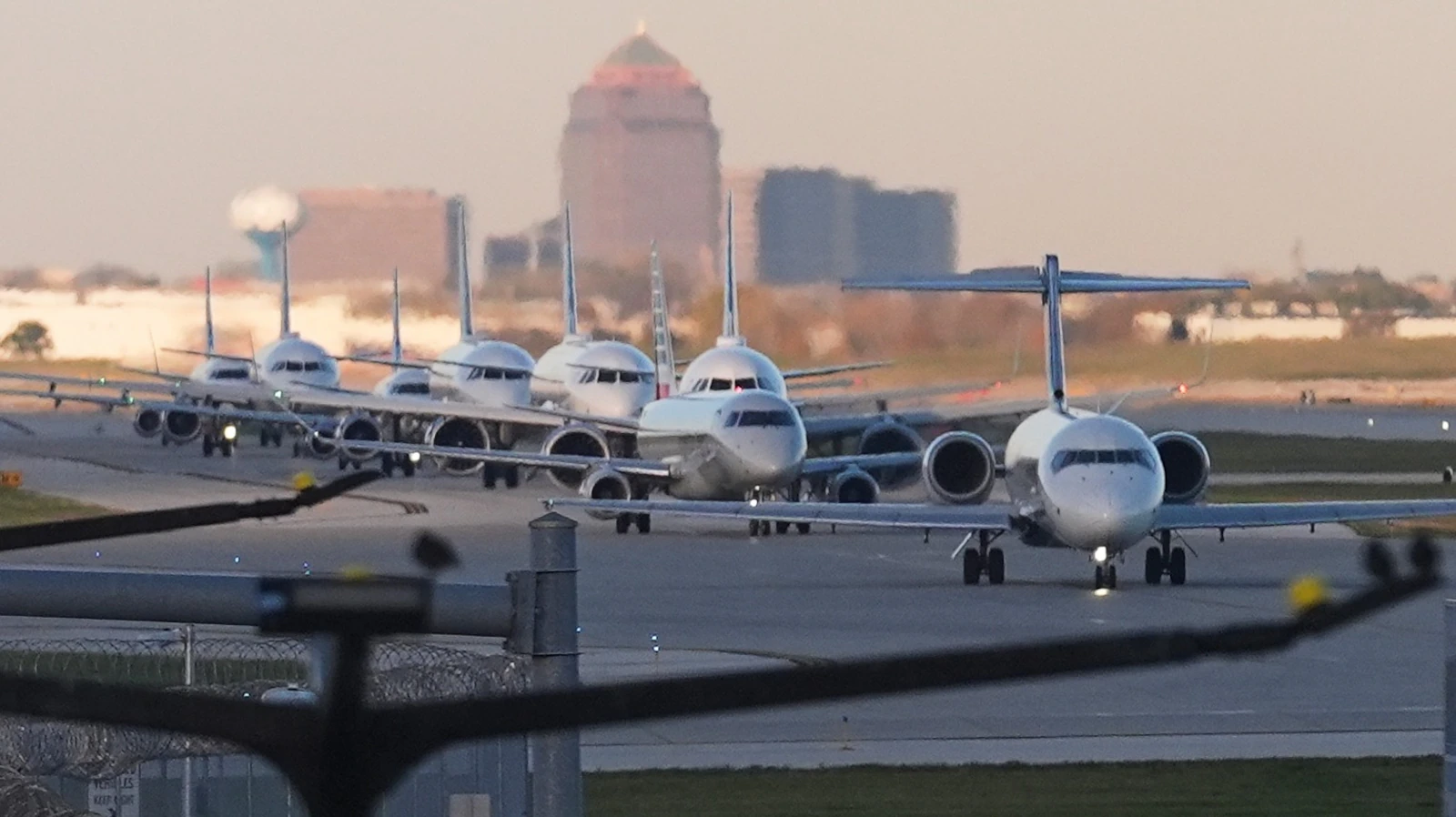Copyright ABC News

The Federal Aviation Authority is set to reduce flight capacity at dozens of the nation’s largest airports on account of the government shutdown, just weeks before the holiday shopping season ramps up and online orders surge. The disruption of air travel could result in some empty shelves and delivery delays, particularly for quick-turnaround, high-value products often transported by plane, such as personal electronics, pharmaceutical drugs and even fresh lobster, experts told ABC News. Uncertainty looms over the duration of the government shutdown and the ultimate extent of flight interruptions, they added, making the precise impact difficult to predict. “The busiest shopping days of the year are Black Friday and Cyber Monday -- this could really hit Christmas sales,” Ed Anderson, a professor of supply chain and operations management at the University of Texas, told ABC News. The FAA said Wednesday it would cut flights by 10% at 40 major airports, including each of the 10 top-ranking airports for the transport of cargo, such as Memphis International, Los Angeles International and New York City's John F. Kennedy International. “When you don't fund the government, when you say there's no dollars available, it becomes really challenging to find dollars to pay the different components of really critical workforces that keep our country moving forward,” Transportation Secretary Sean Duffy told ABC News’ “This Week” on Sunday. Roughly 10% of U.S. cargo is delivered by plane, Varun Gupta, a professor of logistics and business analytics at the University of North Georgia, told ABC News, noting the proportion could vary during the holiday rush. Passenger flights sometimes carry cargo, putting deliveries at risk in the event of commercial airline disruptions. Some products rely on air transport for a larger share of deliveries, including electronics, medications and legal documents, Gupta added. “I definitely see there being delays,” Gupta said. The crunch could be especially impactful for gift buyers who procrastinate, leaving them more likely to depend on rapid-delivery flights, Dale Rogers, a professor of supply chain management at Arizona State University, told ABC News. “There’s a large percentage of holiday deadline shopping that travels on airplanes,” Rogers said. Amazon did not immediately respond to ABC News’ request for comment about potential delays. Neither did Walmart or Target. UPS directed ABC News to a web page indicating an extension of some of its delivery commitment times after the crash of a company aircraft in Louisville, Kentucky, which left at least 12 people dead. “Our goal is to begin returning the network to a normal cadence,” UPS told ABC News in a statement, but the company did not comment on possible shutdown-related delays. Some experts downplayed the effect of flight disruptions for package delivery, noting little anticipated impact on trucking, which carries the majority of goods. Also, a potential cooldown of demand could ease the delivery bottleneck as the economy shows signs of weakness and some Americans suffer a reduction of government benefits, some experts added. Air cargo demand in North America declined by 1.2% in September compared to a year ago, despite an uptick in demand worldwide, the International Air Transport Association said last week. “Given how the government shutdown has reduced some of the benefits for people, like SNAP benefits, which also reduces purchasing power, that will impact how many packages might actually be traveling around the country,” Gupta said. Joseph Schwieterman, a professor of public policy at DePaul University, said the coming weeks before the holidays offer retailers and shipping companies an opportunity to adapt. “There’s plenty of reason for optimism about Christmas,” Schwieterman told ABC News. “It’s a long way off.”



